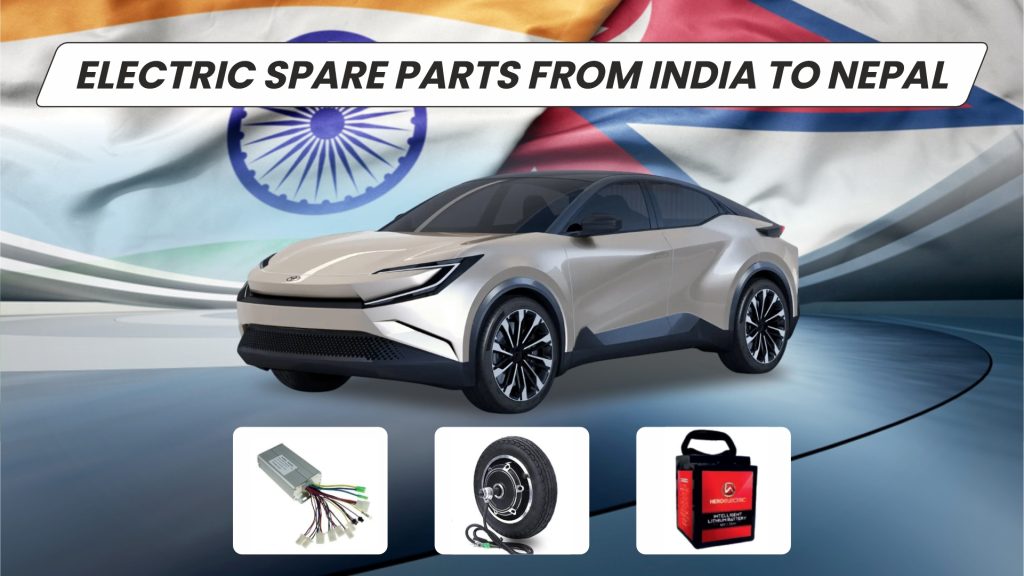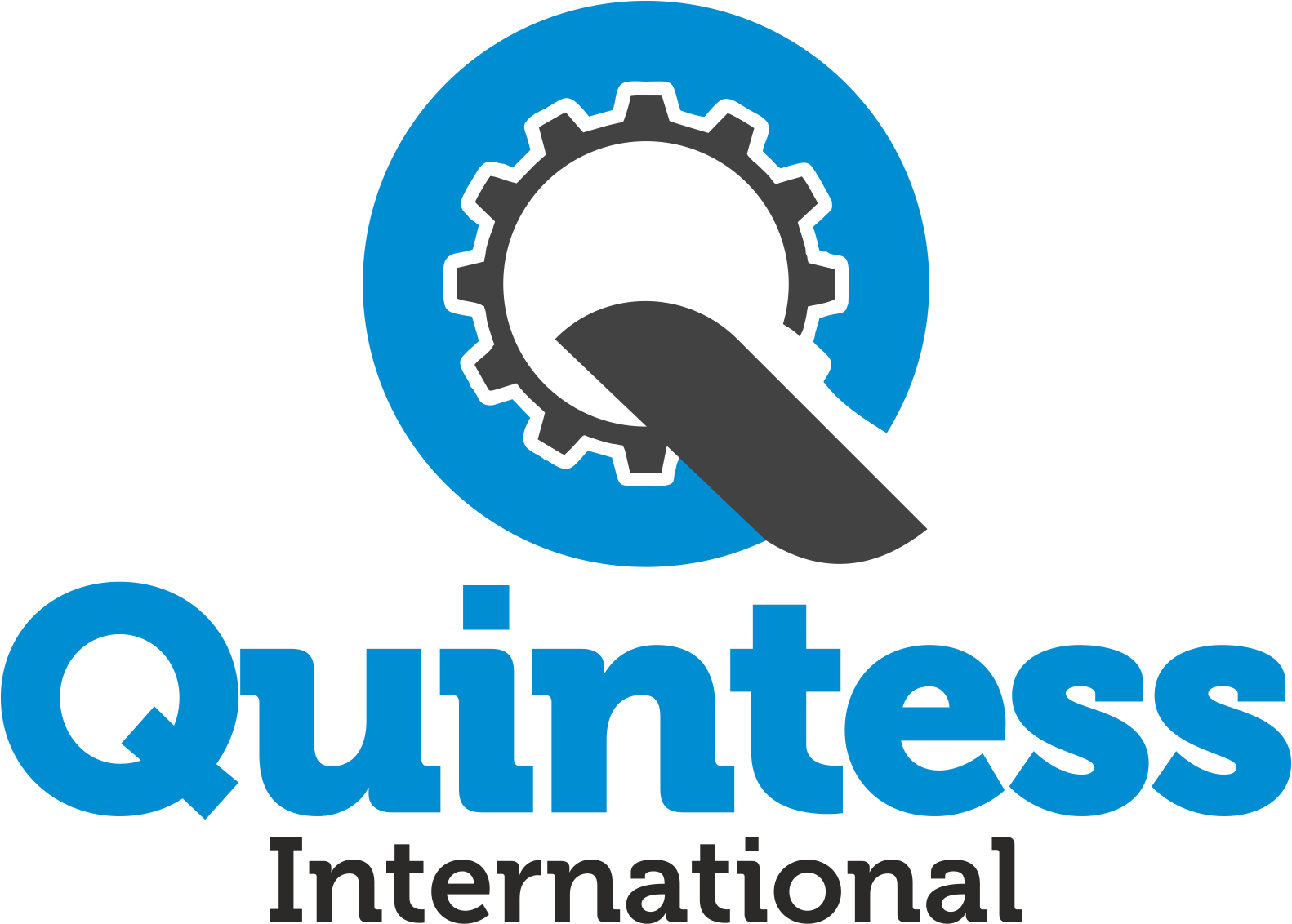
The demand for electric vehicles (EVs) is growing rapidly across the world, and India is at the forefront of this transformation. One key aspect of this revolution is the efficient export of Electric Vehicle spare parts. Among the countries experiencing this boom is Nepal, which is increasingly turning towards electric vehicles to address pollution and fuel dependency issues. In this blog, we will dive deep into the electric vehicle spare parts export from India to Nepal, the growing EV market, and the opportunities it holds for both nations.
The Rising Demand for Electric Vehicles in Nepal
In recent years, Nepal has seen a significant rise in the adoption of electric vehicles. The government has been actively promoting EVs to combat the severe air pollution and reduce the country’s reliance on imported fuel. With this shift, the demand for electric vehicle parts and spare parts has surged, creating a lucrative opportunity for exporters, especially from neighbouring India.
Nepal’s geography and environmental policies are favourable for the adoption of electric vehicles. The country’s terrain, with hilly and mountainous regions, makes EVs ideal due to their eco-friendly and cost-effective nature. As a result, both two-wheelers and four-wheelers are seeing increasing sales, and the demand for EV spare parts such as batteries, motors, controllers, and other components is growing exponentially.
India’s Role in Supplying Electric Vehicle Parts
India is one of the leading manufacturers of Electric Vehicle parts and spare parts. The country boasts a well-established automotive industry that has expanded into the electric vehicle sector. Over the years, India has become a major supplier of high-quality EV components like batteries, charging stations, electric motors, and various other spare parts essential for electric vehicle operation.
The Indian government’s push towards sustainable mobility, along with the rise of Indian EV manufacturers like Tata Motors, Mahindra Electric, and Athar Energy, has made the country a key player in the global electric vehicle parts supply chain. Indian manufacturers have the technical expertise, competitive pricing, and production capacity to meet the growing demand for electric vehicle components worldwide, including Nepal.
Challenges in the Electric Vehicle Spare Parts Export to Nepal
While there are numerous opportunities in the electric vehicle spare parts export sector, there are also some challenges to address. One of the key issues is the logistics involved in transporting these components from India to Nepal. Due to Nepal’s landlocked position, road transport is crucial for the export of goods, which can sometimes lead to delays and additional costs.
Furthermore, as Nepal is still in the early stages of EV adoption, the demand for certain spare parts may fluctuate. Exporters need to monitor market trends and ensure that they are supplying the right products to meet the specific needs of the Nepalese market.
Another challenge is ensuring the availability of quality spare parts at competitive prices. India’s automotive and EV sector is known for producing top-quality parts, but it is essential to maintain a balance between cost and quality to remain competitive in the Nepalese market.
Key Electric Vehicle Spare Parts Exported from India to Nepal
India exports a variety of electric vehicle parts to Nepal, including:
1. Batteries
Batteries are the heart of electric vehicles. They power the vehicle and influence its performance and range. As demand for electric vehicles increases, so does the need for high-performance batteries. India manufactures lithium-ion batteries that are both durable and efficient, making them ideal for EVs.
2. Electric Motors
Electric motors are another crucial component in EVs. India produces advanced electric motors that offer high efficiency, low maintenance, and a long lifespan. These motors are exported to Nepal for use in both two-wheelers and four-wheelers.
3. Charging Stations
As more electric vehicles are adopted in Nepal, the need for charging infrastructure is growing. India manufactures a variety of EV charging stations that are suitable for different types of vehicles and provide fast and reliable charging solutions.
4. Controllers and Power Electronics
Electric vehicles rely on controllers and power electronics to regulate the flow of energy from the battery to the motor. India is a leading supplier of these components, ensuring that EVs function efficiently and reliably.
5. EV Accessories
In addition to the core parts like batteries and motors, India also exports various accessories for electric vehicles, including chargers, wiring harnesses, onboard computers, and more.
Future Growth of Electric Vehicle Spare Parts Export to Nepal
As the demand for electric vehicles in Nepal continues to rise, so will the need for electric vehicle spare parts. The Nepalese government’s initiatives, including providing subsidies and incentives for EV adoption, are expected to further accelerate this trend. India, with its strong manufacturing capabilities and proximity, will continue to play a significant role in supplying these essential parts.
The growing collaboration between India and Nepal in the EV sector will also create more opportunities for both countries to strengthen their trade relations. Indian manufacturers will have access to a new market, while Nepal will benefit from high-quality, affordable EV parts that contribute to its green initiatives.
Conclusion
The export of electric vehicle spare parts from India to Nepal is poised for significant growth. As Nepal shifts towards electric mobility, the demand for EV parts will increase, creating ample opportunities for Indian suppliers. However, addressing logistical challenges and maintaining a steady supply of high-quality parts at competitive prices will be crucial to meeting the evolving needs of the Nepalese market.
With India’s strong manufacturing capabilities and Nepal’s commitment to reducing carbon emissions, this trade relationship is bound to strengthen in the coming years, paving the way for a sustainable and eco-friendly future for both nations.


